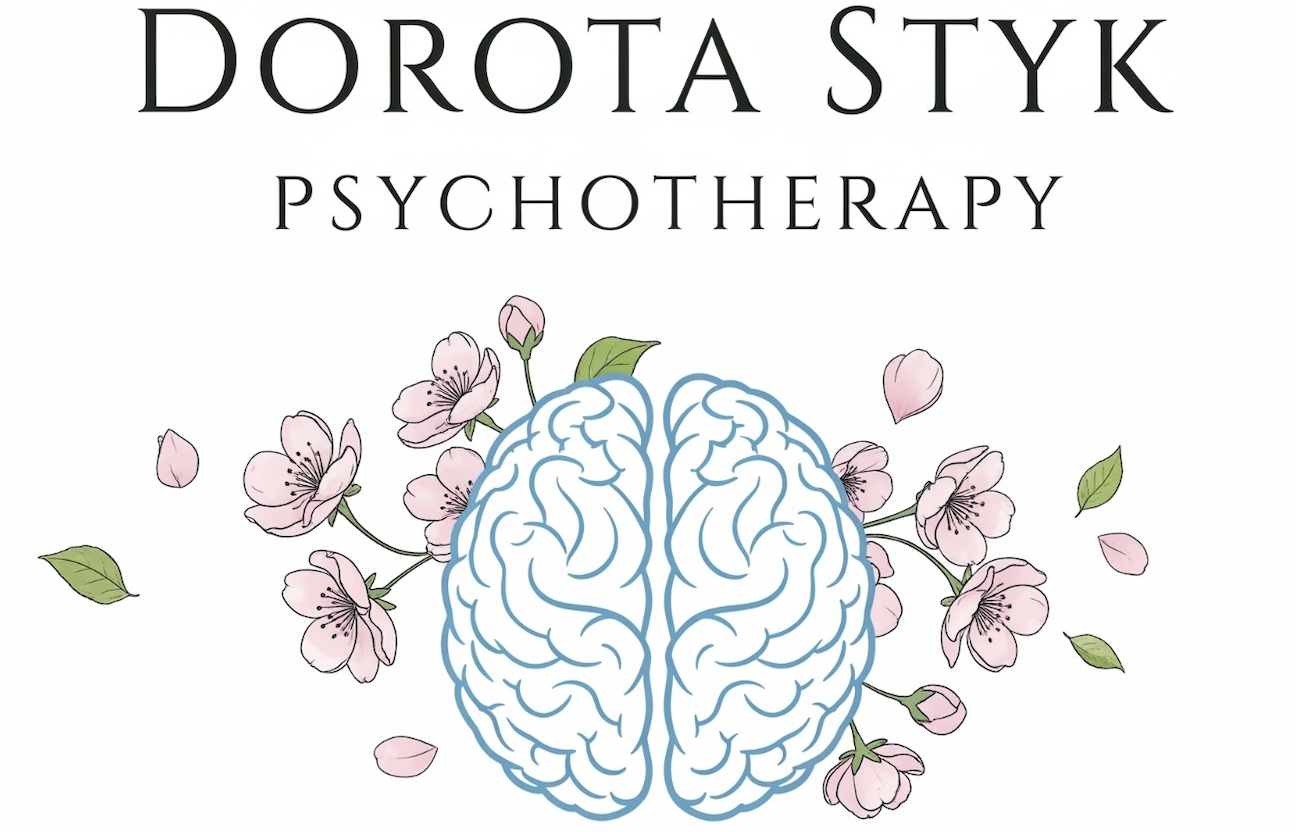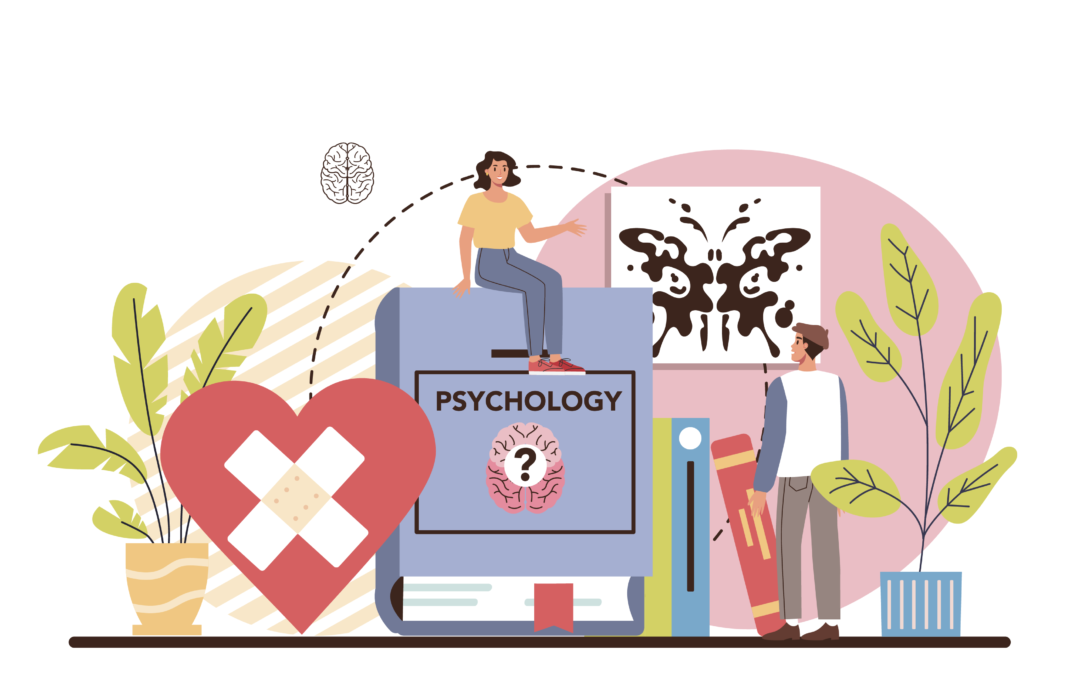Psychoeducation
Psychoeducation is an important therapeutic intervention that involves providing information, education, and resources to individuals about mental health conditions, treatments, and coping strategies. It serves as a foundational component in many counselling and psychotherapy approaches.
What is Psychoeducation?
Psychoeducation refers to the process of educating individuals with mental health conditions and their families about:
- The nature of their specific mental health condition
- Symptoms and how to recognise them
- Causes and contributing factors
- Available treatment options
- Coping skills and self-management techniques
- Relapse prevention strategies
The goal is to empower people with knowledge and understanding about their mental health, which can lead to better treatment outcomes and quality of life.
Relation to Counselling and Psychotherapy
Whilst psychoeducation is distinct from counselling and psychotherapy, it often serves as a complementary and supportive element within these therapeutic approaches:
Integration with Therapy
Psychoeducation is frequently incorporated into various therapy modalities, especially cognitive-behavioural therapy (CBT). It provides a foundation of knowledge upon which other therapeutic techniques can build.
Enhancing Treatment Engagement
By helping clients understand their condition and treatment options, psychoeducation can increase motivation and adherence to therapy. It empowers clients to be active participants in their own recovery process.
Bridging Understanding
Psychoeducation creates a shared understanding between therapist and client about the nature of the mental health condition. This shared knowledge base facilitates more effective communication and collaboration in therapy.
Complementary Role
Whilst psychoeducation focuses on providing information and skills, psychotherapy delves deeper into emotional processing, behavioural change, and addressing root causes. The two approaches often work synergistically – psychoeducation provides the “what” and “how,” whilst psychotherapy addresses the “why” and facilitates deeper change.
Preparation for Deeper Work
Psychoeducation can serve as a precursor to more intensive psychotherapy, helping clients develop insight and readiness for deeper emotional work.
Key Differences
It’s important to note that whilst psychoeducation is a valuable component of mental health care, it differs from counselling and psychotherapy in several ways:
- Focus: Psychoeducation primarily aims to inform and teach, whilst psychotherapy focuses on emotional processing and personal growth.
- Duration: Psychoeducation is often shorter-term, whilst psychotherapy can be a longer-term process.
- Depth: Psychoeducation provides practical information and skills, whereas psychotherapy explores deeper emotional and psychological issues.
In conclusion, psychoeducation plays a crucial supportive role in counselling and psychotherapy. It provides clients with essential knowledge and skills, which can enhance the effectiveness of therapeutic interventions and empower individuals in their journey towards mental health and well-being.
References
Bäuml, J., Froböse, T., Kraemer, S., Rentrop, M., & Pitschel-Walz, G. (2006). Psychoeducation: A basic psychotherapeutic intervention for patients with schizophrenia and their families. Schizophrenia Bulletin, 32(suppl_1), S1-S9.
Colom, F. (2011). Keeping therapies simple: Psychoeducation in the prevention of relapse in affective disorders. British Journal of Psychiatry, 198(5), 338-340.
Dixon, L., McFarlane, W. R., Lefley, H., Lucksted, A., Cohen, M., Falloon, I., Mueser, K., Miklowitz, D., Solomon, P., & Sondheimer, D. (2001). Evidence-based practices for services to families of people with psychiatric disabilities. Psychiatric Services, 52(7), 903-910.
Donker, T., Griffiths, K. M., Cuijpers, P., & Christensen, H. (2009). Psychoeducation for depression, anxiety and psychological distress: A meta-analysis. BMC Medicine, 7(1), 79.
Lukens, E. P., & McFarlane, W. R. (2004). Psychoeducation as evidence-based practice: Considerations for practice, research, and policy. Brief Treatment and Crisis Intervention, 4(3), 205-225.
Xia, J., Merinder, L. B., & Belgamwar, M. R. (2011). Psychoeducation for schizophrenia. Cochrane Database of Systematic Reviews, (6), CD002831.

